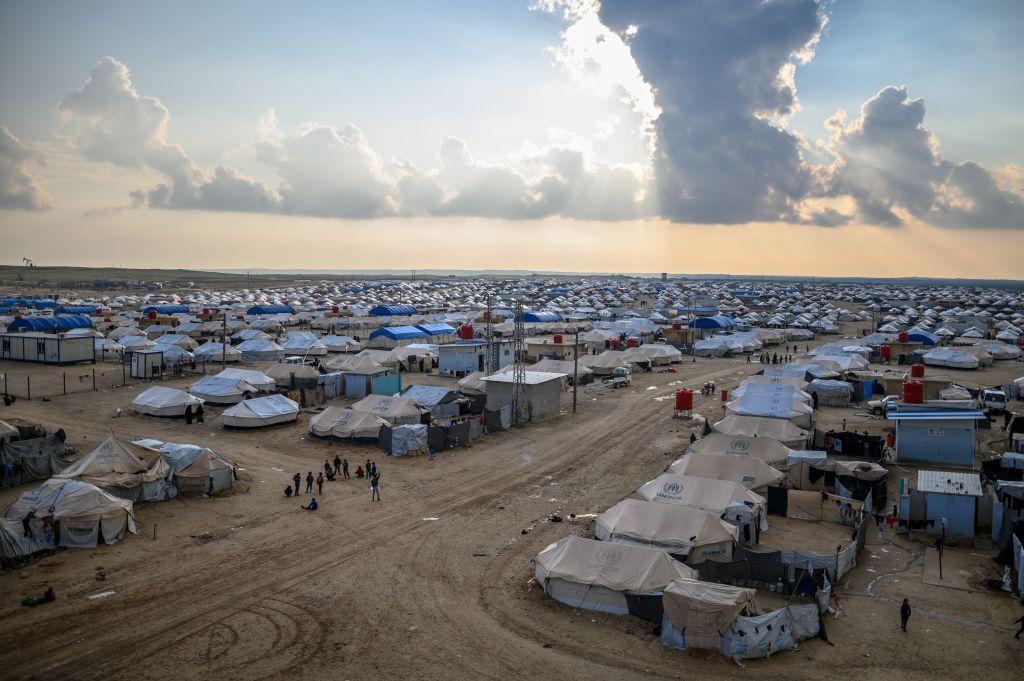A legal fight is on to repatriate eight Australian women and their 18 children from a refugee camp in Syria.
The group is being detained in the country’s northeast by the Autonomous Administration of North East Syria (AANES) and its defence arm, the Syrian Democratic Forces.





